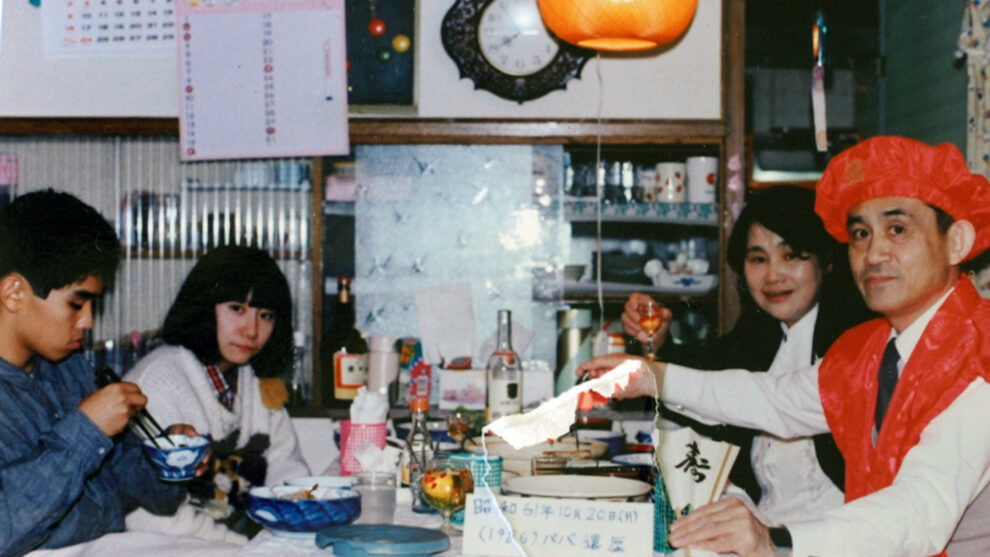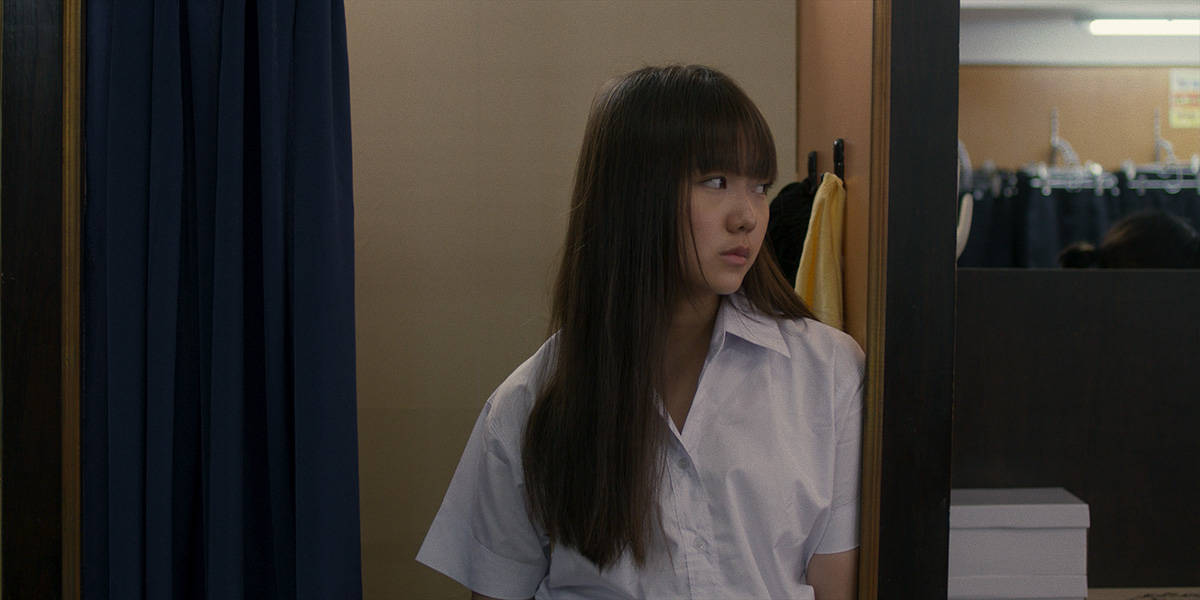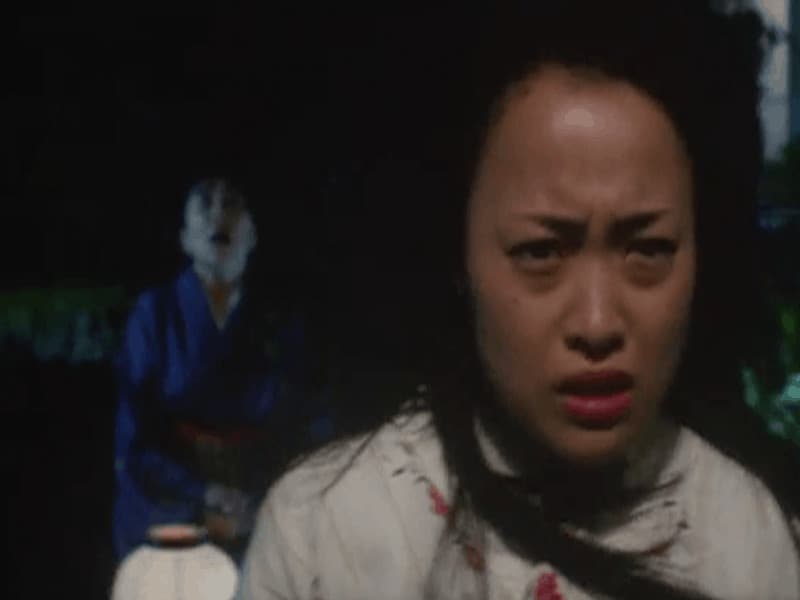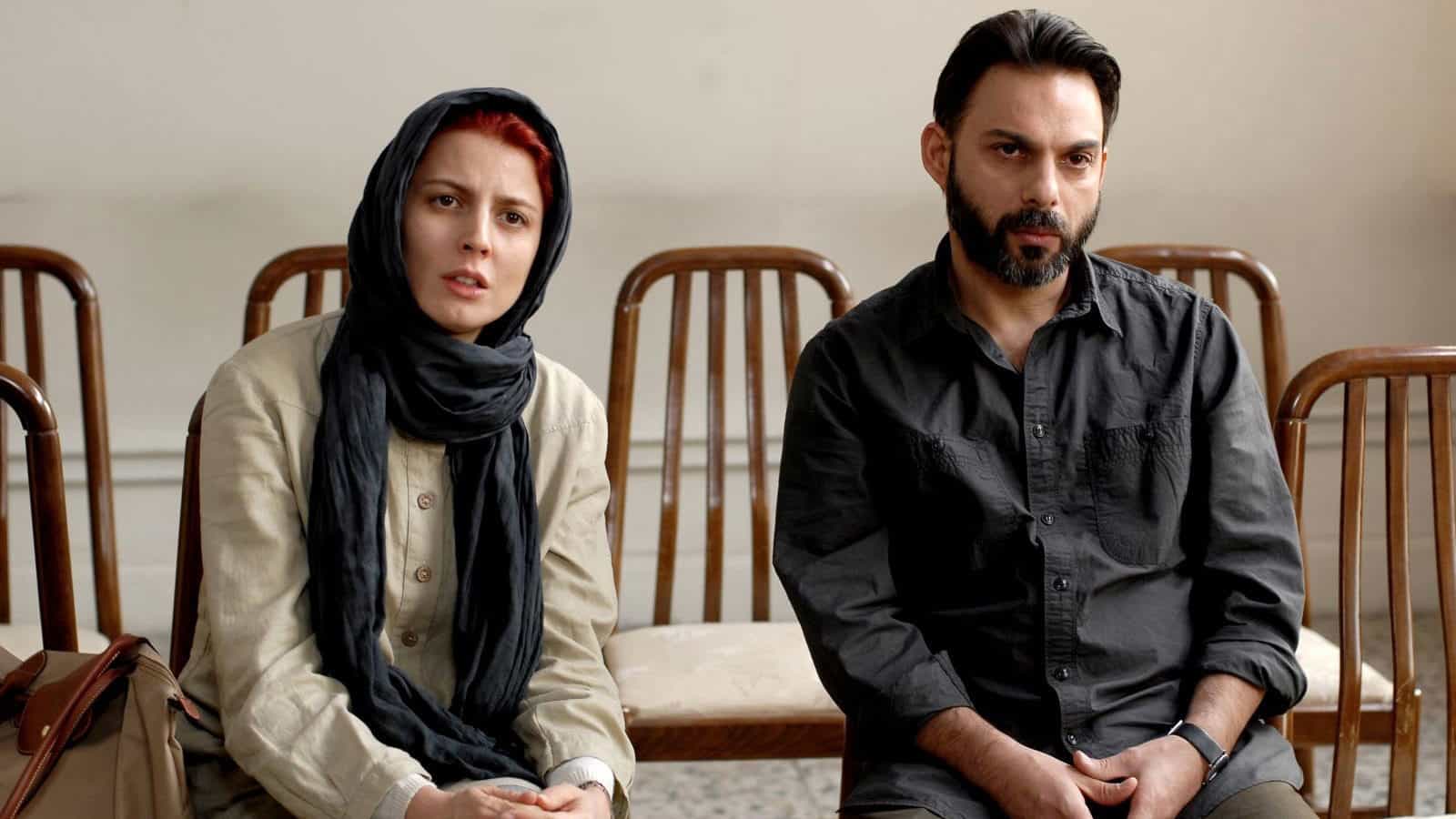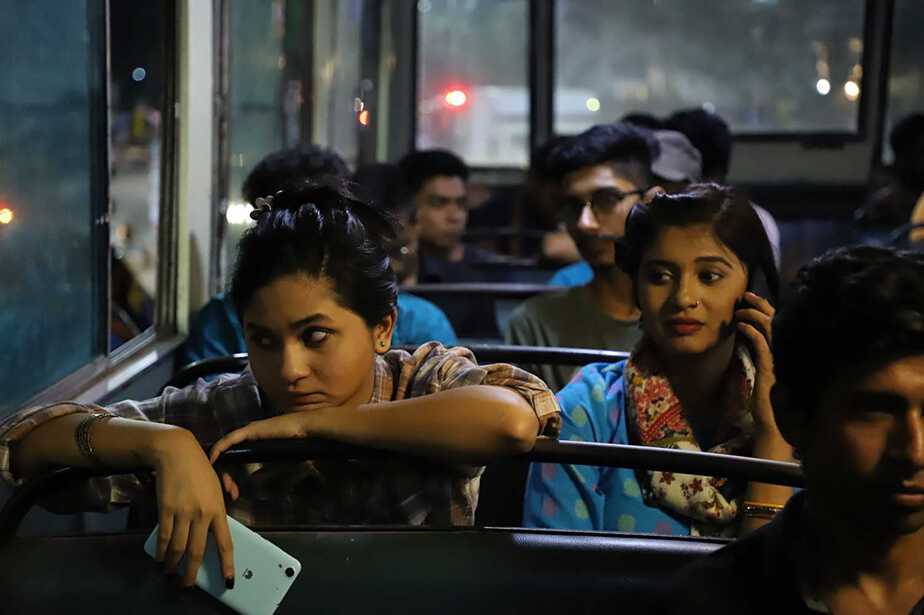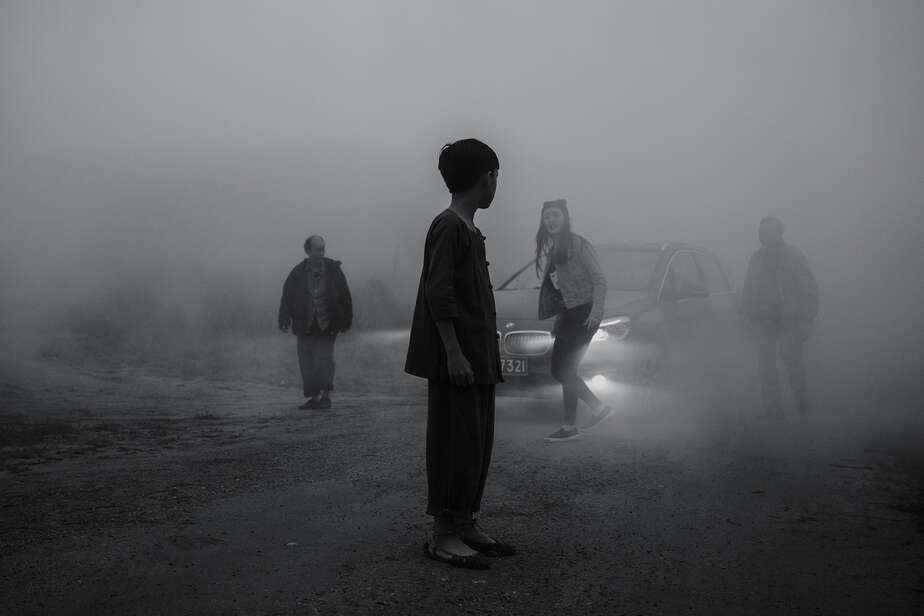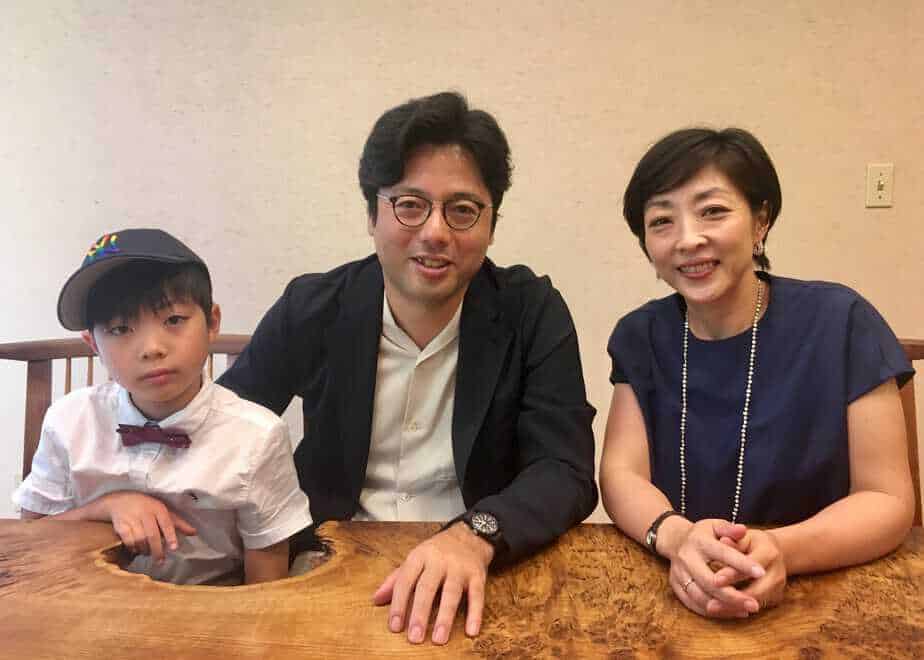Mental issues have always been a source of disgrace for families, even though during the latest years, significant progress has been achieved in the matter. Tomoaki Fujino, in a rather personal documentary that includes footage from 1983, when his 24-year-old sister, Masako first exhibited signs of schizophrenia, to the moment he started recording family gatherings on video, until her death in 2021, tries to highlight the issue and the consequences of denial.
What Should We Have Done? is screening at Taiwan International Documentary Film Festival

Although the documentary starts in tension, with the voices of people fighting intensely, the narrative soon takes a more calmer approach, with Tomoaki Fujino explaining how it all started, when, one day, completely suddenly, his sister started exhibiting erratic behavior. Through his footage through the years, we also learn of his parents' relationship, from the moment they met in the university, to the time they got married, moved briefly to Germany, where his sister was born and later on in Japan again, when he was born.
The fact that they were both medical researchers essentially makes their treatment of Masako even more peculiar, in a comment that perhaps could be interpreted as ‘tradition over science'. At the same time though, that her situation was obviously deteriorating, as it becomes apparent even from her appearance through the years, strips the parents of any excuse. The particular accusation is actually evident throughout the documentary, occasionally even being verbally presented through Fujino, who repeatedly questions his parents over their decisions to the matter, and not getting logical answers.
A series of episodes highlight the situation even more. At some point, Masako liquefied her parents' pension funds in order to buy tickets to go to the US, and join what she thought was a scientific project, but was actually somewhat of a cult. Her mother had to go there to bring her back, and the solution she and her husband came up with after returning, was to have her locked in the house for years. Tomoaki Fujino's efforts to bring her to a specialist were met with denial from his father in particular, shedding even more light to what exactly was going on in the family, in a rather appalling sample of patriarchy.
That gradually, his mother started having hallucinations about burglars climbing through the walls of the house and entering through the window, adds another element to the whole, that perhaps Masako's schizophrenia also had hereditary causes. In general, it is easy to say that the more the director reveals the events, the more shocking the truth becomes.
Even more so since at some point, Masako did get treatment, her situation improved, but she died a bit later, leaving unanswered questions for Tomoaki and his father, who were still alive at the time. This aspect and the whole purpose of the documentary actually comes into utter focus close to the end, when Tomoaki confronts his father about everything that has happened, also asking permission to make a documentary out of the footage he has collected all these years.
Tomoaki Fujino's deeply personal documentary, “What Should We Have Done?” serves as a poignant testament to the devastating impact of mental illness on families, and the profound consequences of denial and societal stigma. Through his unflinching lens, he lays bare the complex emotions, difficult decisions, and unresolved questions that haunt those left to navigate the turbulent waters of schizophrenia, through the presentation of his own family.


